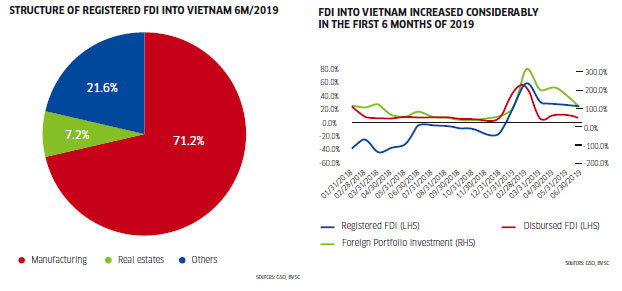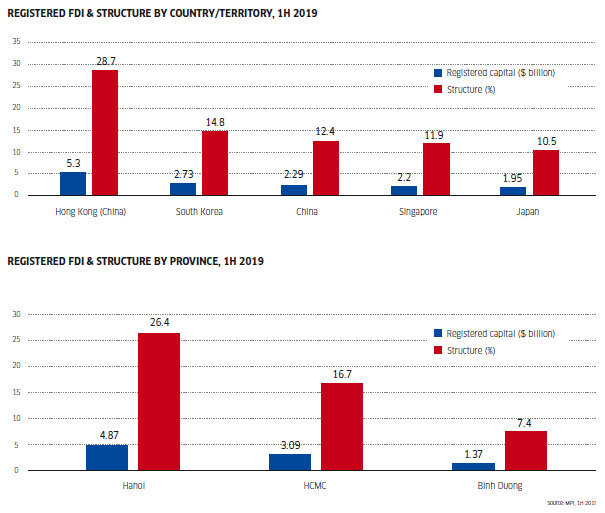 |
Customers and clients are increasingly comparing their banking experiences with their “best-of-life” experiences, as banking should be as easy and as seamless as hailing an online taxi.
As a result, banks are significantly accelerating their speed to market with new digital products, features, and capabilities by deploying new technology and using an agile operating methodology to do so. Citi, for example, spends over $8 billion on technology every year
A digital leader, Citi comes at this from many different angles, actively building, partnering, and buying capabilities as it makes sense to create the most compelling value propositions and solutions for our customers and clients.
This means smartly investing in digital capabilities and rolling out new apps to ensure it offers clients the best digital and mobile banking experience. Being relevant in key digital ecosystems is also vital for banks such as Citi, which has partnered with the likes of Alipay, WeChat, Line, Amazon, Grab, and Lazada, to name just a few, across Asia.
“Mobile first” strategy
 |
In Vietnam, online users are still more comfortable with online banking than mobile banking apps. However, banking experts anticipate that mobile will likely become the epicenter of banks’ digital transformation and mobile devices will replace branches as the central channel. Some foreign banks, such as Citi, in Vietnam have expanded their digital capabilities in this field.
For example, since 2016, Citi has adopted a “mobile first” strategy that puts all the access and capabilities consumers need into the palms of their hands. This strategy is paying dividends, with strong gains in client engagement, preference, and satisfaction. Mobile banking continues to overtake other digital channels and is now the preferred channel used by Citi Vietnam customers.
Corporate clients in Vietnam, though, often choose a bank’s online website for interaction rather than mobile apps, as they tend to think that transactions via mobile are not secure enough.
However, Citi consistently worked with corporate clients through 2018 and 2019 to move them to the CitiDirect BE platform across mobile and tablet. CitiDirect BE is a collaborative online banking platform that helps institutions increase transactional transparency, reduce fraud exposure, and improve operational efficiency.
In April, Citi launched biometric authentication for the mobile app. Institutional clients in Vietnam can now use fingerprint or facial recognition to access their CitiDirect BE® Mobile App and they are increasingly embracing mobile. In 2018, Citi saw a 20 per cent year-on-year increase in the number of mobile users on Citi Direct BE® across the Asia-Pacific.
For individual clients, a factor limiting mobile banking usage could be the app’s limited functionalities compared to online banking portals. To facilitate more institutional mobile banking usage, Citi has focused on making its mobile apps simpler, faster, more secure, and more relevant.
Citi also uses biometrics technology in Vietnam to enhance the customer experience and to ensure the greatest security possible.
It has introduced Touch ID, a technology that uses fingerprints to verify customers using mobile banking on their smartphone. Citi also introduced a snapshot feature on mobile banking, providing customers with a quick view of all their accounts without having to log on. In 2018, the bank recorded 82 per cent year-on-year growth in downloads of the Citi Mobile® App. Its customers have show strong engagement, with the number of those actively using the app increasing 47 per cent year-on-year.
Digital partnerships with fintechs
 |
Vietnam has strong growth potential for fintech development, driven by a young and increasingly affluent population. There are about 80 fintech companies in the country, primarily focusing on digital payments. The Vietnamese Government is actively accelerating the fintech ecosystem as part of their efforts to promote a cashless economy by 2025. Several banks have recognized that competition between banks and new fintech companies is giving way to direct cooperation.
Citi’s Open Banking strategy focuses on forging strategic alliances with digital players and fintech. Through these partnerships, it offers customers more value through platforms and channels that they regularly engage with and prefer.
In April, Citi announced a strategic partnership with the Vietnam-based intermediary payment service provider, Payoo, to facilitate consumer-to-business collections for corporate clients in the country. Under the partnership, Citi’s corporate clients in Vietnam will be able to receive real-time payments from their customers for services including utilities, telecommunications, and credit card bills through Payoo’s extensive digital network and physical footprint at over 10,000 bricks-and-mortar touch points.
The partnership was announced on the sidelines of ASEAN FinTech Day, part of Citi’s FinTech Accelerance Program, which is designed to accelerate the delivery of solutions to Citi’s clients in partnership with key fintech players.
Banks around Vietnam have already recognized how investments in digital technologies can benefit customer acquisition and satisfaction. For instance, the rapid adoption of mobile and other digital channels has transformed how and where Citi’s retail clients bank, sign up for cards or loans, and pay their bills.
Citi has made strong progress in its digital footprint across businesses due to its successful digital strategy. From such efforts, in the last two years Asiamoney named Citi as the “Best Digital Bank in Vietnam” and Global Finance honored Citi Vietnam as “Best Digital Bank for Corporate/Institutional Banking” in 2018. VN Economic Times

Vietnamese firms urged to transform in digital age
The internet and smartphones are having a profound impact on consumers in many areas and offering manufacturers and retailers the opportunity to promote their products, a seminar heard in HCM City yesterday

Vietnam plans to become leading digital economy in ASEAN by 2030
Vietnam will become a leading digital country and economy in the ASEAN region by 2030 and allow testing of new technologies in the digital economy.
 Digital is fundamentally changing banking in Vietnam and transforming the industry's competitive landscape.
Digital is fundamentally changing banking in Vietnam and transforming the industry's competitive landscape.